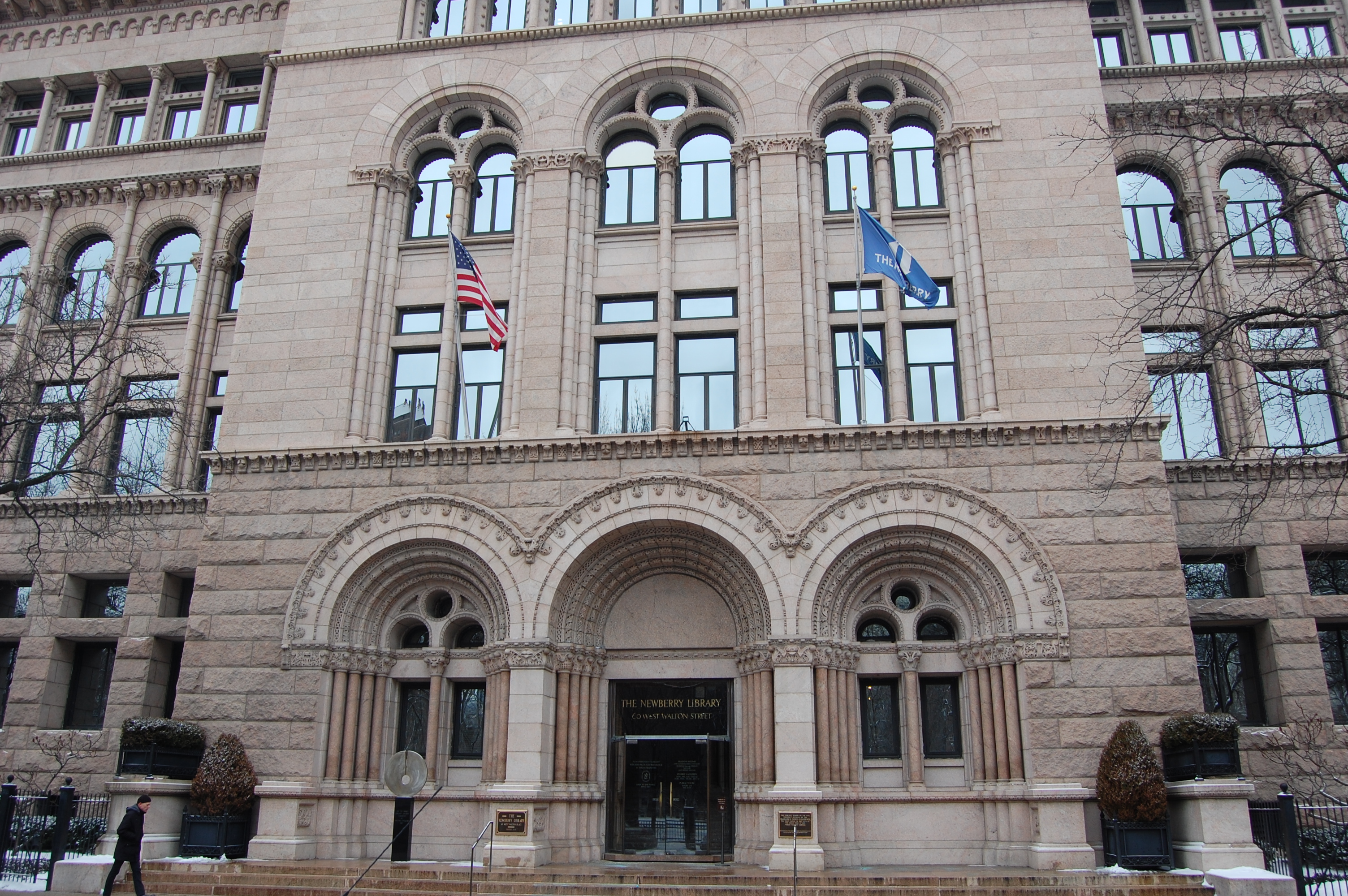Naomi Pullin (née Wood)
Newberry 2013 Interdisciplinary Graduate Conference
I am in the second year of my PhD at Warwick. My research concerns Quaker women and their involvement in the English and American movements between 1650 and 1750. Despite a well-established pedigree of histories of the Quaker movement and its female preachers, there is a distinct absence of the more ‘ordinary’ Quaker woman from the historical record. In fact, few discussions account for the important role that the non-itinerant Quaker woman had in supporting her local meeting and community and in sustaining the movement during years of intense persecution and declining numbers. My research therefore aims to fill this gap by taking ‘ordinary’ or less-known Quaker women as the object of focus and address areas of their lives and experiences that have received little attention from scholars, including their family life and domestic relationships, female ‘Friendships’ and networks of sociability, as well as the crucial role that women played within the local and international Quaker community through the meeting system.
Despite the relatively late dating of my research, as a historian of early modern England my interests overlap a great deal with the Warwick Centre for the Study of the Renaissance. The interdisciplinary outlook of the Centre and its emphasis on contextualising the socio-cultural and religious developments of the Renaissance within the early modern period have proved extremely useful during my time at Warwick, where I have attended a number of the Centre’s seminar events.
The collaborative nature of the centre has also been highlighted through the Warwick-Newberry Library project entitled: ‘Renaissance ‘Renaissance and Early Modern Communities in a Transatlantic Perspective’, which fits nicely into my own research interests on the transatlantic Quaker community. This was a key motivator for me to apply to attend the Newberry’s 2013 Multidisciplinary Graduate Student Conference. As some of my research was already based in the United States, I felt that this would be a fantastic opportunity to take advantage of the excellent collections housed at the library, including its collection of rare books and manuscripts, as well as its other historical printed material. I also felt that participating in the conference would provide me with an opportunity to receive crucial attention of my research from a range of scholars, as well as enable me to meet with future colleagues from other institutions and disciplines, participate in discussions and develop valuable networks for my future career in academia.
There was fierce competition for a space in the conference this year, with my paper being only one of 48 selected from 206 abstracts. I was also pleased to hear that as the centre was a member of the Centre for the Renaissance Studies Consortium, I was entitled to a stipend covering my accommodation, travel and registration fees. I am incredibly grateful to the Centre for this generous contribution and investment in my research, as without this grant the cost of a trip such as this would have been unthinkable. The centre was also extremely helpful in the assistance they provided towards booking my flights and accommodation.
My paper, which was entitled “None fitter to do the husband’s work’: Women, domesticity and the household in the transatlantic Quaker movement’, explored the multiplicity of images that could be attached to the Quaker ideal of domesticity; examining the wide range and variety of roles that women could have within the evolving movement through their positions within the family, specifically through their roles as wives and mothers. The paper itself was a great success and I received a great deal of useful and constructive feedback about my work, as well as great inspiration from the other speakers on my panel, who were also rethinking the positions and discourses of women and motherhood within early modern society. I have also been informed that my paper was among 12 selected for publication in the Newberry’s Online Conference proceedings. An offer which I have been pleased to accept and will enable me to disseminate my research to a much broader international community, as well as forge my ties with the Newberry even further.
During my visit to Chicago, I also took the opportunity to explore and experience the city first-hand. I also found some time to make use of the collections housed at the Library and have a few materials to explore for future research. I also visited a very interesting and informative exhibition that had just opened at the Newberry entitled: ‘Politics, piety and poison: French pamphlets, 1600-1800.’
The assistance and on-going support I have received from both the Centre for the Study of the Renaissance and the Newberry Library has been exceptional. I am incredibly grateful to have been given the opportunity to not only present my research at such an incredible institution, but also feel very privileged to have been given the much-needed financial assistance to do this. I am especially thankful to Jayne Brown and Maude Vanhaelen at Warwick, as well as to Tia Parks, Karen Christianson and Michelle Beer. I would also like to thank the Humanities Research Fund, particularly Elaine Robinson and Katie Klassen for the additional support and assistance they provided to me during this trip. I truly believe that the ties that I have forged between the Newberry and other Consortium members will provide a supportive and useful network of scholars for my future research career.

Naomi Pullin

The Newberry Library

Chicago Skyline
